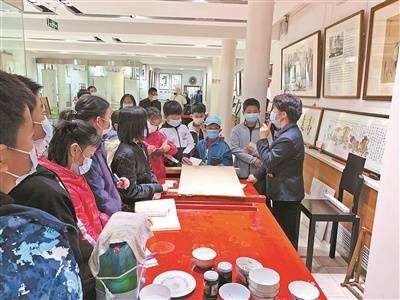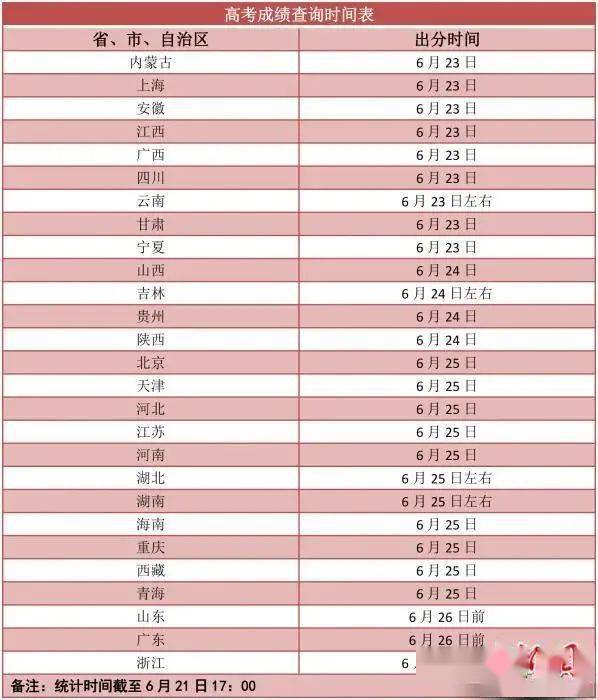
Photography/Reporter Peng Xiaofei
On April 18th, reporters from Beijing Youth Daily’s WeChat public account education round table (WeChat public account: jiaoyuyuanzhuo) came to Liuli Factory to experience woodblock watermarks in Rongbaozhai, and to learn brush making at Dai Yuexuan to experience intangible cultural heritage skills. charm.
Rongbaozhai, which has a history of more than 300 years, possesses two national intangible cultural heritage skills, “wooden watermarking” and “mounting restoration”. “The woodblock watermarks are completely hand-printed. Whether it is ink or mineral pigments, the colors are selected according to the needs of the painting. The more emphasis is on the charm, ink fun, and creativity. This is completely different from the high imitation paintings printed by many machines. It’s different.” In the explanation given by Manager Chen Ming of Rongbaozhai Woodblock Watermark Workshop, reporters learned about the operation process of woodblock watermarking, “Rongbaozhai’s woodblock watermarks are all manually operated, and the process generally requires draft selection. The five processes of painting, sketching, engraving, printing, and mounting can complete a woodblock watermark painting. It takes as little as several months to as many as several years.” Listening to Manager Chen’s detailed explanation, the students also saw Rong Baozhai. Among the many copied works, “Han Xizai Night Banquet” is the highest level. “Han Xizai’s Hu Yan is as thin as a hairspring but also sturdy and powerful. It takes four or five sets of plates to express Hu Yan’s complex and simple, virtual and solid, dark and light line levels. This work uses 1,667 woodblocks, and a total of 20 pieces are spent from the planning. It was only made in years.”
After gaining a lot of theoretical knowledge, the young reporters are eager to try in the experience session. Turning the palm brush clockwise on the carved wood block, brushing the water with a brush, spreading rice paper, and calendering with a special tool rake. After repeated attempts, the students have harvested a cute red panda. Zhao Zhile, a third-grade student from Beijing Gongda Primary School, said happily: “Through today’s experience activities, I have a preliminary understanding of the production method and process of woodblock watermarking, and I feel the profoundness of traditional culture and the true craftsmanship. ”
Passing through the quaint streets and alleys of Liulichang Cultural Street, the reporters arrived at the second destination of the trip-Dai Yuexuan. Dai Yuexuan was founded in 1916, and its brushes are traditional handicrafts with a long history. Dai Yuexuan is the only time-honored shop in Liulichang Cultural Street with a personal name. Every time a Hu pen is made, from selecting materials to making it, the pen-making process ranges from dozens to more than a hundred. The craftsmanship of the Hu pen was also included in the first batch of national non-profit organizations as early as 2006. List of tangible cultural heritage.
Starting from the birth of the brush, the staff of Dai Yuexuan explained the types and craftsmanship, and led the education roundtable reporters to trace the culture and history of the brush. Afterwards, the young reporters learned to make brushes and conducted multiple experience sessions, such as “equalizing”, “pressing”, “fixing the pen” and “setting the pen”. The staff gave each of the reporters a wax thread for strapping on the spot, so that everyone could learn to strap it.
Finally, reporters from Beijing Youth Daily conducted writing training for young reporters. Through the “point”, “qi”, “round” and “healthy” characteristics of a small brush, I will teach you how to write “good articles” by observing details and using perception.





























































You must log in to post a comment.